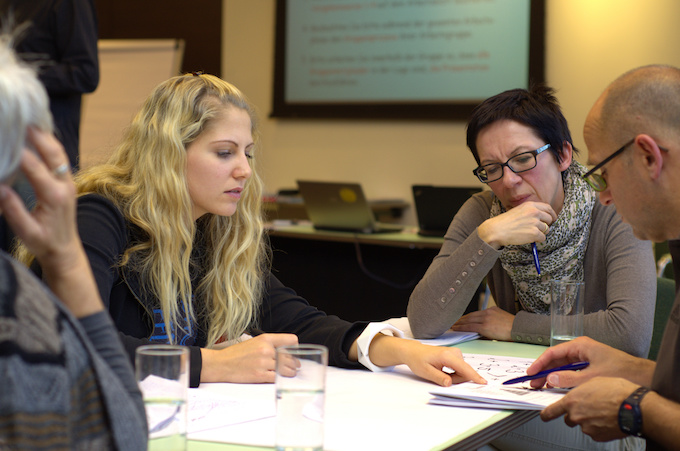EducationExternal LearningIndustry voicesNews
SURVEY: It turns out youth are happier in apprenticeships & traineeships

Taking on an apprenticeship leads to the highest level of wellbeing among young Australians out of all post-school pathways, according to the results of the nation’s largest youth survey to be released today.
The Skillsroad 2018 Youth Census gained more than 30,000 responses nationally from youth aged 15-24, and found that those undertaking an apprenticeship, traineeship, or working in some capacity were happier overall and experienced higher levels of ‘meaning,’ ‘resilience’ and ‘optimism’ than all other pathways after school.
Additionally, that survey participants who were working while in secondary school, and contributing financially to their housing situation (even if living at home with parents), reported higher levels of wellbeing than those that weren’t.
The first Skillsroad Youth Census was commissioned by Apprenticeship Support Australia (ASA) in 2017 in response to the nation’s suffering youth unemployment rates, which have been hovering at around 12 percent since 2014. Last years’ Census revealed that young Australians were experiencing low levels of ‘life satisfaction’ and wellbeing, as well as significant levels of stress around choosing and securing a career pathway.
Supported by the Business Chamber movement, the Skillsroad 2018 Youth Census was designed to further illuminate the specific hopes, fears and general attitudes of Australian youth during their transition from school to the workforce.
The 2018 Youth Census employed a brand new psychological research tool that investigates youth wellbeing through a multidimensional approach. ASA National General Manager, James Moran, says that the new research methods used in the Census provide unprecedented, evidence-based insights for schools, parents and businesses.
“The information gained from this report can be used by government and education providers to develop new policy, educational and workplace programs, and resources that will address the particular concerns of young people,” he said.
“In this Census, wellbeing has been broken into fifteen different areas to identify specifically where youth are flourishing and which elements of wellbeing they are struggling with,” says Registered Psychologist for ASA, Danielle Buckley.
“It has really shone a light on how youth in Australia are experiencing life, and the more we know, the more we can help them to succeed,” she says.
Mr Moran says that the Youth Census has also highlighted the value of apprenticeships, and vocational work more broadly, as a meaningful after school career option for Australian youth.
Among Census participants who had left school, apprentices cited a wellbeing score that was well above the national average, followed closely by those in traineeships, taking a full-time job, and going on a ‘working’ gap year. Meanwhile, getting a part-time job, going to university or not working at all scored either on or below the national wellbeing average.
The Census results also reveal a disparity between the reality of the job market and young people’s perception of available career opportunities. Despite a national skills shortage across the Australian trades sector, the concern that “there aren’t enough jobs” was cited by youth as one of their top three biggest worries about living in Australia.
This concern is likely exacerbated by the reported lack of career guidance for some young people during their secondary studies, with only half of all Skillsroad Youth Census participants reporting that they received “quality” career advice throughout their schooling.
Mr Moran says that these results should serve as a strong message to schools, parents and employers that young people need to be better informed about all post-school pathways.
“Choosing a career pathway is an important and exciting decision, and it’s vital that our young people are made aware of all of the opportunities that are available to them early on in the process,” he said.
“Everyone is different. We need to make sure that our youth are armed with all of the necessary resources and information to make a well-informed decision about their after school pathway, and aren’t just pushed towards one option,” Ms Buckley agreed.







